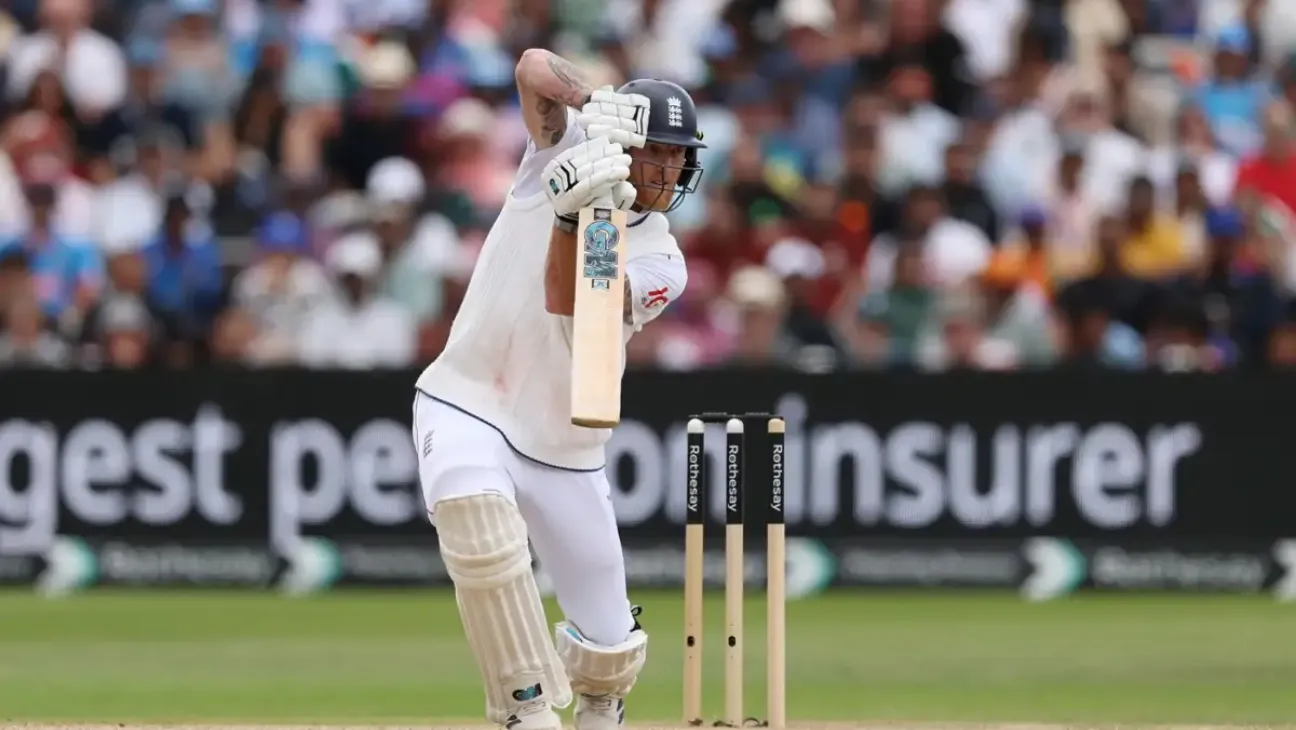Ben Stokes has suggested he may break with recent patterns and choose to bat first if he wins the toss at Lord’s, distancing himself from the idea that England is rigidly committed to bowling first in home Tests. (Also Read: England and India Cricketers Frustrated by Dukes Ball Shape Issues During Test Series)
“We are not stuck in our ways about it,” Stokes said ahead of the third Test against India, set to begin Thursday at Lord’s.
Since becoming captain, Stokes has elected to bowl first in 10 of 12 home Tests. That includes both tosses so far in this series. But he rejected the idea that this trend reflects a preference or strategy.
He pointed to changing overhead conditions, particularly in English weather, as the deciding factor. “I’m not the Met Office,” he added. “I can’t tell what’s going to happen after 10.30am.”
England’s toss calls have had mixed results this summer. At Headingley, they chased down 373 in the fourth innings — a record achievement — vindicating the call to bowl. But things unraveled at Edgbaston, where they lost by 336 runs after failing to bat through the final day.
Stokes has chosen to bowl first 12 times in 20 Tests as captain overall. Only twice has he opted to bat first at home: once while standing in for Joe Root in 2020 and once in last year’s Ashes opener. England lost both.
Still, England’s fourth-innings record under Stokes remains strong. They’ve won 11 out of 18 matches when chasing, including six where the target exceeded 250.
That success, though, isn’t dictating decisions, Stokes insists. “Just because we’ve had good success chasing doesn’t mean it’s our preference. It’s not a tactic of ours to consistently bowl.”
With a heatwave forecast in London and temperatures expected to touch 30 degrees Celsius, conditions at Lord’s could favor batting. “If the sun is out blazing,” Stokes said, “I think whoever wins the toss will end up doing the same thing.”
Coach Brendon McCullum had earlier called for a more lively pitch after Edgbaston, asking for bounce, pace, and lateral movement. But Stokes expects Lord’s to play like it usually does — helpful to bowlers early on before flattening out.
“There’s always a bit in it on day one to two,” he said. “Then it tends to speed up as the game goes longer.”
Stokes doesn’t plan to overthink the toss. “You can go back and forth if you’re thinking about it 14 hours before. When I get the whites out with the blazer on, I look up to the sky more than anything. It’s not rocket science.”
Whether England bats or bowls first may come down to what the clouds are doing in the moments before play begins — not a hardwired strategy, but a feel for the day.









